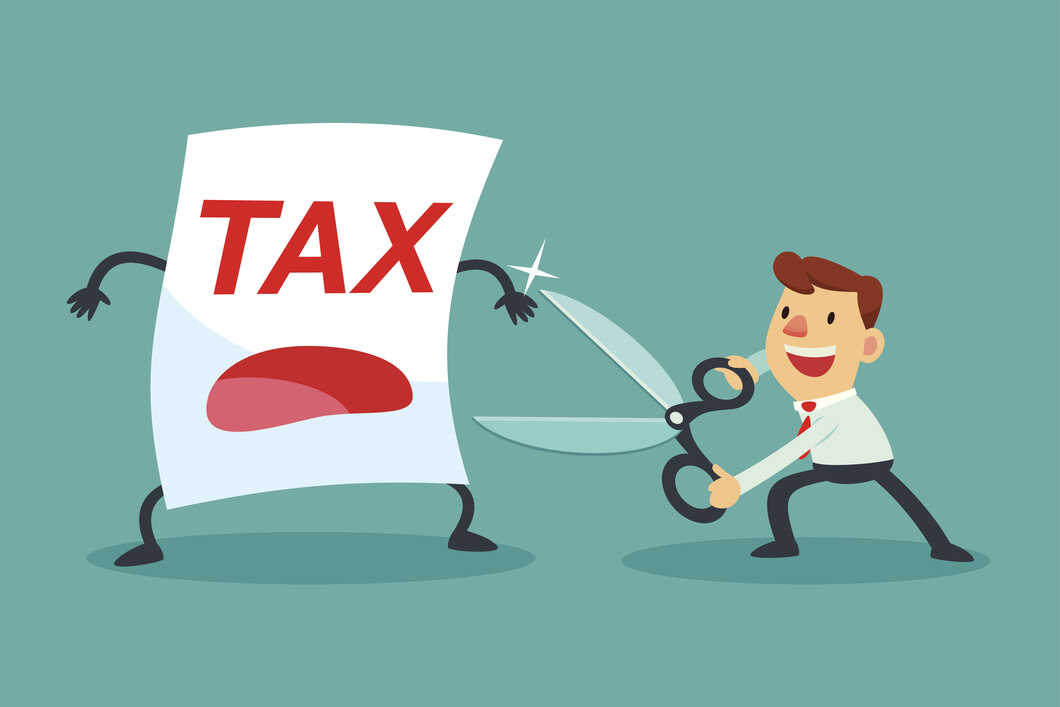
Maximize Your Tax Benefits with Section 179 & Bonus Depreciation
As a business owner, you have the unique opportunity to reduce your taxable income immediately through two powerful tax incentives: the Section 179 deduction and bonus depreciation.
These tools let you accelerate the tax benefits of your investments-especially when purchasing property like machinery, equipment, and even off-the-shelf software.
Section 179 Deduction: Immediate Tax Relief for Business Investments
The Section 179 deduction is a game-changer, allowing you to expense the full cost of qualifying property in the year it’s purchased rather than spreading the cost over several years.
Key Takeaways for Section 179:
- Eligibility: The property must be used for business purposes over 50% of the time, including machinery, equipment, computers, software, and even certain vehicles.
- Taxable Income Requirement: Your business must have taxable income in the year the property is purchased. Any unused deduction can be carried forward to future tax years.
- Limits and Adjustments: For the 2024 tax year, the maximum deduction is $1.22 million, which phases out if qualifying purchases exceed $2.43 million. (For 2025, the limit increases to $1.25 million.)

Bonus Depreciation: Accelerated Deductions for Capital Equipment
Bonus depreciation offers an alternative method to accelerate deductions by allowing you to deduct a percentage of the cost of eligible property in the year it’s placed in service.
Key Differences Between Section 179 and Bonus Depreciation:
- Deduction Rate: While Section 179 provides a 100% deduction up to a limit, bonus depreciation is percentage-based and available even if your business operates at a loss.
- Phase-Out Schedule: Bonus depreciation is gradually decreasing-100% for property placed in service before 2023, then 80% in 2023, 60% in 2024, 40% in 2025, and 20% in 2026, with elimination by 2027 unless changes are made.
Tax Stratgies: Choosing the Right Depreciation Method

To truly leverage these provisions, balance your tax planning with your business’s cash flow needs.
- Plan with Cash Flow in Mind: Ensure that deducting the full cost doesn’t impede your operational expenses.
- Long-Term Considerations: Use Section 179 for a larger upfront deduction when taxable income is strong, and bonus depreciation when expecting future profitability.
- Combined Strategy: Both methods can be used in tandem for greater flexibility in managing your capital investments and tax liability.
Know the Rules and Maximize Your Potential
Both the Section 179 deduction and bonus depreciation offer substantial tax-saving opportunities. By understanding and strategically applying these provisions, you can reduce your taxable income, free up cash flow, and reinvest in your business for long-term growth.
Stay informed and work with a trusted CPA to tailor these strategies to your unique financial situation.
As a CPA in Houston, I specialize in helping business owners leverage tax strategies like Section 179 and bonus depreciation to maximize their deductions. Let's craft a tailored tax plan. Book your free consultation now!



